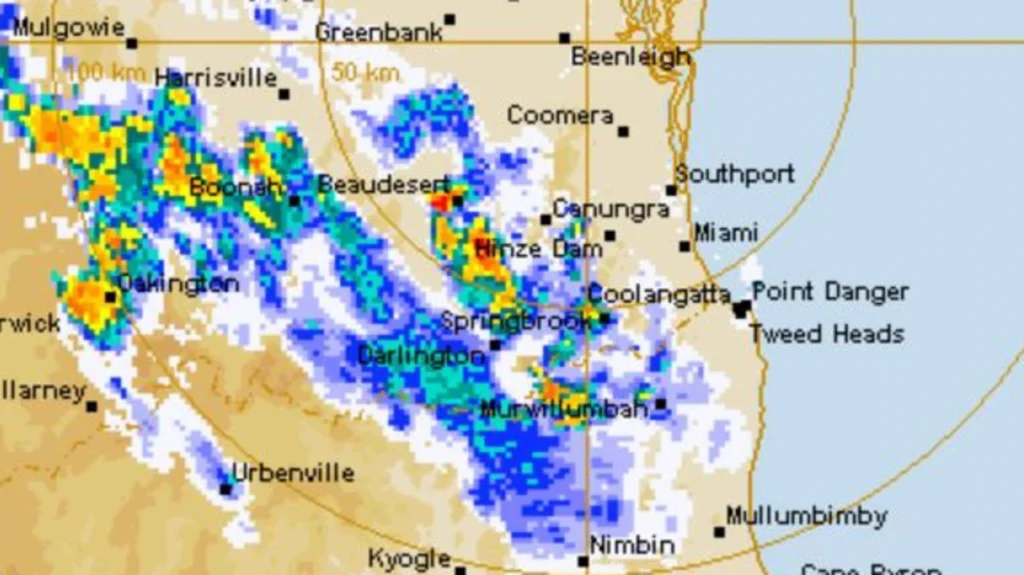A new study has found a disturbing link between air pollution and Attention Deficit Hyperactivity Disorder (ADHD), with a forecasted El Nino weather event likely to significantly worsen Australia’s air pollution.
Australia is looking increasingly likely to sweat through a “super El Nino” this year.
Meteorologists have confirmed the warm climate pattern was “very likely” to hit after three consecutive La Nina events.
Early Warning Network meteorologist Ken Kato said this wouldn’t be your “garden variety” El Nino either.
“A super El Nino isn’t really an official word, but at this stage it looks like the El Nino will probably be a really strong one,” Mr Kato told Today. “It will probably develop in winter through spring and perhaps last until early summer this year.”

Melbourne skyline shrouded in smog from a planned burn offs in the Yarra Ranges. Picture: Andrew Henshaw/NCA NewsWire
This weather prediction could prove dire for Aussie kids with a groundbreaking new study finding a significant link between air pollution and ADHD.
The study, which included an analysis of 164,000 Chinese schoolchildren, found that in every 10 micrograms of PM 2.5 (particles smaller than 2.5 microns) per cubic metre they were exposed to, children were 1.65 times more likely to be diagnosed with ADHD.
And of PM1 (particles smaller than 1 microns) per cubic metre they were exposed to, children had a higher risk with odds ratio of 1.74.

Professor Yuming Guo, a co-author of the study, from Monash University in Melbourne told news.com.au it was the biggest study to look at the link between air pollution and ADHD.
“Because of climate change, air pollution is a serious problems across the world but currently most countries don’t have a PM1 standard,” he said.
“From this study we can provide evidence so countries can develop a criteria in the future. Any level of air pollution can increase the risks of human health.”

For Australia, Professor Guo said the results were particularly pertinent.
“In the Australian context, air pollution is still a serious problem during specific periods,” he said. “So we need to think about how to improve air quality better.”
He said in winter, many houses use wood heaters, with wood burning a big problem for air pollution.
“If we can find a way to reduce the use of the wood heaters, that would be good for health,” Professor Guo said.
He also cited the example of bushfire smoke in Australia and beyond.
“Bushfire smoke is a serious problem across the world now, especially for Australia, US, Canada, Brazil and South Asia,” Professor Guo said.
“We have found PM2.5 related to bushfire smoke had higher health risks than non-fire related PM2.5. This means we also need to pay attention to reduce the health impacts from bushfire smoke.”
El Nino likely
El Nino, which means “little boy” in Spanish, is the warm phase of the El Nino-Southern Oscillation, occurring when sea surface temperatures in the central and eastern tropical Pacific Ocean become warmer than average.

While El Nino is associated with many months of warming in the central and eastern tropical Pacific, La Nina is associated with a sustained period of cooling.
El Nino and La Nina have one of the strongest influences on year-to-year climate variability in Australia.
The US Climate Prediction Centre found last month that there was an 80 per cent chance of a moderate El Nino occurring in the coming months, with more than a 90 per cent chance that it will last into summer.
– With Elena Couper, NCA NewsWire
carla.mascarenhas@news.com.au



